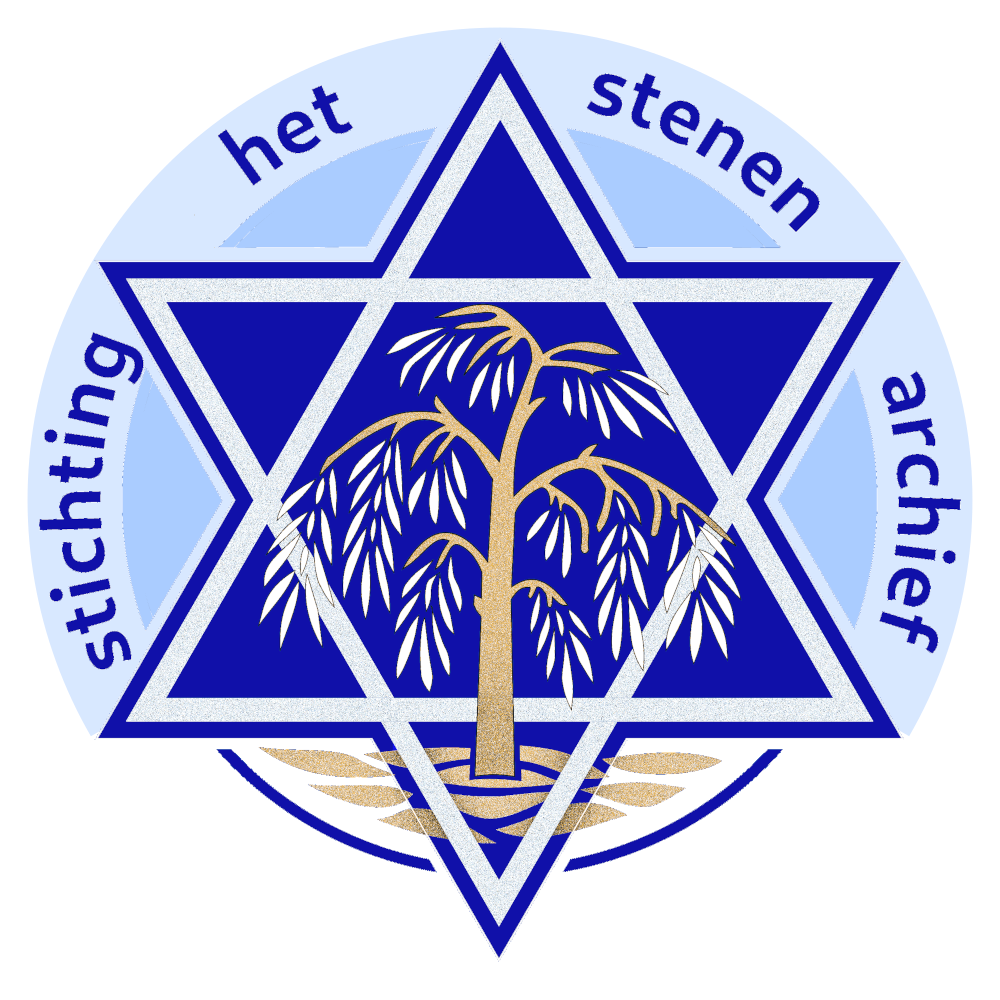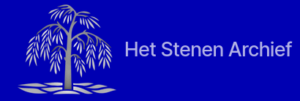Beth Haim
We're happy to announce that we have been able to expand our database with almost 28,000 records of the "Beth Haim" cemetery in Ouderkerk aan de Amstel. This oldest Jewish cemetery in the Netherlands is owned by the Portuguese Israelite community of Amsterdam. All data that we initially publish comes from the website https://www.BethHaim.nl . Many thanks go to the administrators of that data and website, who contacted us and who took care of the data exchange.
In addition to names and burial dates, the data includes photographs of maps from the municipality's burial register and photographs of some gravestones are also available. The photos refer to the Beth Haim site, through a source reference we also link to pages on that site.
All names are included in our search register.
Click this button to access all records of this cemetery:
The Muiderberg project
A separate place has been reserved for one of our most important projects, see: The Muiderberg project
Committee of Recommendation
Has moved to its own page, see: Comittee of Recommendation
Holocaust victims
Although our own research is limited to mapping the Jewish cemeteries within the Netherlands, we also want to give space to those who do not have a grave, the Holocaust victims.
In the hope that we can place several such publications, we start with a contribution from Hermann Meub:
Utrecht - Remembrance book Jewish Utrecht 1940-1945 v1.7 - by Hermann Meub
Status of the research
On the site you will find two different presentations of the research results. The first concerns data from cemeteries where the investigation has been completed in its entirety, these data have been verified. The second concerns all data collected to date, here a lot of data is missing, or has not yet been verified:
A total of 146 cemeteries are ready in June 2023.
The last 15 are:
With financial support from the "Stichting Collectieve Maror-gelden Nederland", we have been able to make a large number of tombstones on the C field of the Muiderberg cemetery accessible.
As of February 1, 2020, Stichting Het Stenen Archief has been awarded the ANBI status, allowing donations to be tax deductible.
Project Het Stenen Archief
A digitization project in collaboration with the NIK (Organisation of Jewish Communities in the Netherlands) and Akevoth
This is a long term project started by Amoeta Akevoth and which was transferred to the newly established foundation Stichting Het Stenen Archief on 1 February 2020. Akevoth members have committed to continue their contribution to this project.
The project involves the digital mapping of the Jewish cemeteries in the Netherlands.
The digitization of a cemetery is carried out in two phases:
A. Photographing, digitizing and translating the tombstones (phase 1).
B. The complete picture of the cemetery in addition to the data recorded in the previous phase (phase 2).
A team of staff members in the Netherlands, Israel and the U.K. is involved in the digitization process. Because the risk of inadequate maintenance is greatest in the smaller cemeteries, it was decided to investigate these first. Each gravestone of a cemetery, which has been fully transcripted, has its own detail page, with the following information:
1. A photo of the stone, and if applicable, a second photo of the back. The photos have a blind stamp, copying is not allowed.
2. The Dutch text on the photo.
3. The Hebrew text in the photo. Unclear passages are reconstructed.
4. A translation of the Hebrew text (for now only in Dutch).
5. Notes on the Hebrew text (in Hebrew and Dutch). Compiled from valuable information, descriptions of contradictory or divergent data, references to sources in the Tanakh (Old Testament), etc.
6. References to places where information about the deceased can be found (primary research). [It is intended that this section will be dynamic, and will be updated from time to time to reflect changes in the sources themselves].
7. Excerpts from work by others about the life of the deceased will be added, if available and in consideration of copyrights, including interesting historical information (secondary research).
All sources, especially the text of the headstone itself, are checked for inaccuracies to the best of our ability. However, it should be borne in mind that this is not always possible, despite our efforts to achieve maximum precision and uniformity, as not all stones are completely decipherable. This may be because stones are damaged, or because multiple interpretations of the Hebrew text are possible.
A correct recording can also be hindered, if the identification of the deceased (primary genealogical research) is not possible. This is especially the case if only a patronymic is mentioned on the stone before the surname of the deceased. Additional information and contributions from users, with the necessary knowledge and experience in this matter, will therefore be appreciated. The project requires a lot of manpower based on volunteer work.
If you feel that you have the right expertise for this and are also motivated to help with this project to preserve the Jewish Heritage of the Netherlands - then sign up as a volunteer!


